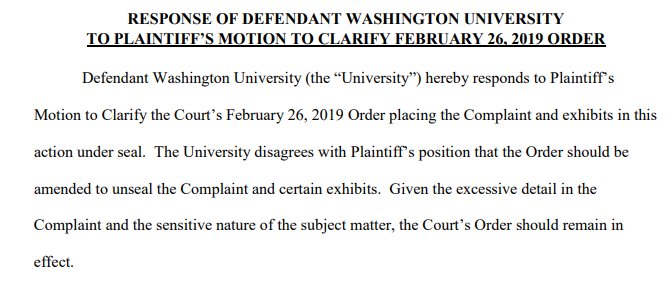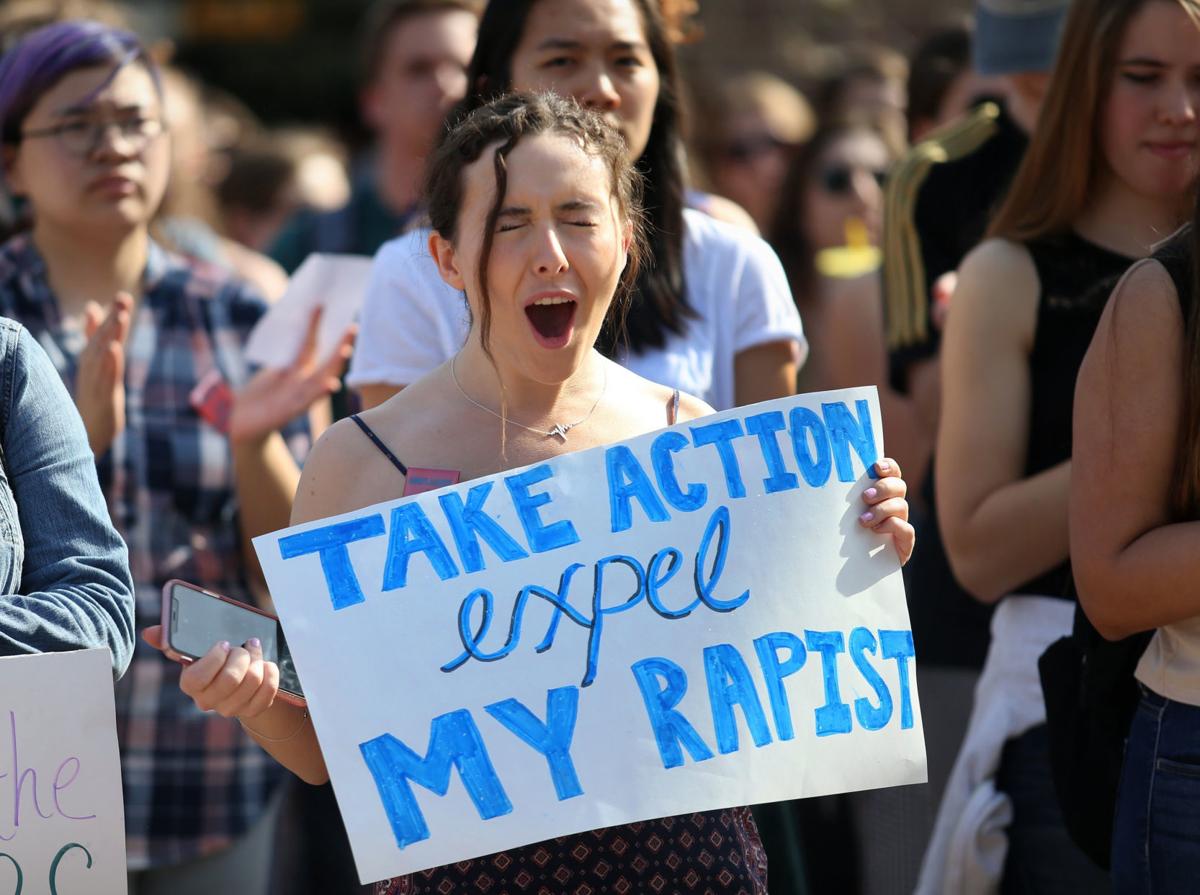Premature Assumptions Taken As Fact
“Believe the victim” is a moral mantra with a ferocious backlash against anyone who expresses disbelief. The emotional maelstrom surrounding the demand obscures what should be a focus of debate: What are the legal implications of unconditional belief? One is that police procedure would handle “victim” crimes, like rape or hate attacks, in a remarkably different manner than they do now.
The Department of Justice (DOJ) has funded a blueprint for changing police procedure toward “victims,” which is being aggressively advocated in America and beyond. As a woman who did not report her own rape due to fear of a police ordeal, I know law enforcement needs to improve. But this is the wrong direction.
The blueprint comes from End Violence Against Women International (EVAWI)—an organization supported by the Department of Justice’s Office on Violence Against Women.In the last several years, EVAWI has received over 20 grants from the DOJ for millions of dollars. The purpose is to “provide technical assistance on the law enforcement response to sexual assault and VAWA [Violence Against Women Act] forensic compliance.” EVAWI’s “Start by Believing” global campaign seeks to improve “criminal justice responses to sexual assault.”
Although the campaign applies specifically to sexual abuse, lines blur when alleged hate crimes involve slurs of f****t, as Smollett’s alleged attack did. As a practical matter, the police methodology used for one category of victim would become its approach to others. Start by Believing states, “Of course, these issues” of evolved police procedure “are relevant for any type of investigation.”
The police are to view all accusations as true, which removes the presumption of innocence from the accused and neutrality from the police.
The campaign’s Law Enforcement Action kit sketches the proposed restructuring of police ethics and procedure. The core of the kit is the manual “Effective Report Writing: Using the Language of Non-Consensual Sex,” which, like EVAWI’s Online Training Institute, was facilitated by DOJ grants. (Note: EVAWI’s kit speaks of “victims” or “suspects,” and it never uses the word “alleged.”)
The manual is a game-changer. And, as a woman who did not report her own rape due to fear of a police ordeal, I know law enforcement needs to improve. But “Start by Believing” is the wrong direction.
The police are to view all accusations as true, which removes the presumption of innocence from the accused and neutrality from the police. According to EVAWI, police are to “recreate the reality of the sexual assault from the victim’s perspective.” In doing so, the police report should “not highlight the changing statements made by the suspect.”
Cops Investigate, Not Decide Whether or Not to Believe
This contrasts with the current policy of seeking both inculpatory and exculpatory evidence, including shifts in story, which are made available both to the prosecution and to the defense. As attorney Scott Greenfield of the Simple Justice blog states, “Cops have no business believing or disbelieving. Crimes aren’t a matter of what one believes, but what the facts reveal.”
The victim is to be showcased; the suspect is to be discounted.
With EVAWI, the police investigator is an agent of the prosecutor rather than an independent fact finder. The stated goal is a “successful prosecution,” which means “an effective report must be prepared by the investigator in anticipation of potential defense strategies,” and it must include “the information necessary to undermine them.” The paper identifies the three main defense strategies to be countered: impeachment by omission, impeachment by contradiction, and motions to suppress.
Consider impeachment by contradiction. The kit tells police investigators to refrain from “a detailed, written summary of events” for any victim or witness who provides the particulars elsewhere. If inconsistencies arise between accounts, investigators should highlight those that “corroborate the victim’s statement.” Statements from the suspect should also feature “those that corroborate the victim’s account or provide an implausible or even absurd version of reality.” The victim is to be showcased; the suspect is to be discounted.
Ironically, the pro-prosecution approach may benefit the defense. UCLA law professor Eugene Volokh explains,
In cases that proceed to trial, defense counsel likely could impugn investigators and claim that alternative versions of the crime were ignored and/or errors were made during the investigation as a result of confirmation bias created by the “belief” element of the Start By Believing campaign.
Policing Is Objective, Not Subjective
Nevertheless, EVAWI takes a further plunge into the subjective. “Another strategy for effective report writing is to include details about what the victim was thinking and feeling—before, during, and after the sexual assault” in order “to see why the victim might have acted in ways that seem counter-intuitive.” If a woman appeared enthusiastic about sex, for example, her feeling of peer pressure could explain this behavior. Police work is to credit unverifiable accounts alongside hard evidence.
The possibility of a false allegation is also discounted despite due process being a constitutionally guaranteed right, with the neutral investigation of crime being its hallmark.
The Chicago Police Department “believed” Smollett in exactly the way it should have. His account of the crime was taken seriously, and every lead was followed. Red flags were not ignored, however; Smollett knew the position of a camera that should have captured the attack, for example, and the officers noted this unusual fact. Nevertheless, Smollett was classified as a “victim” until the “47th hour” when the police stopped believing.
What cases like Smollett require is more Chicago and less “always believe.”
This was the last hour of the two-day hold that police had on the Osundairo brothers, who finally claimed they had attacked Smollett at his request. The police then turned their focus to Smollett as the possible perpetrator of a hoax, not because they were anti-victim but because they were pro-fact. The investigation was textbook detective work.
It was also textbook police ethics, according to the Canons of Police Ethicsfrom the International Association of Chiefs of Police and the Code of Ethics of the Council of International Investigators. The World Association of Detectives affirms, “We will be faithful and diligent…and to determine the true facts and render honest, unbiased reports in reference thereto.”
What cases like Smollett require is more Chicago and less “always believe.”




 Otherwise will ‘intimidate’ everyone in other sexual misconduct investigations
Otherwise will ‘intimidate’ everyone in other sexual misconduct investigations

